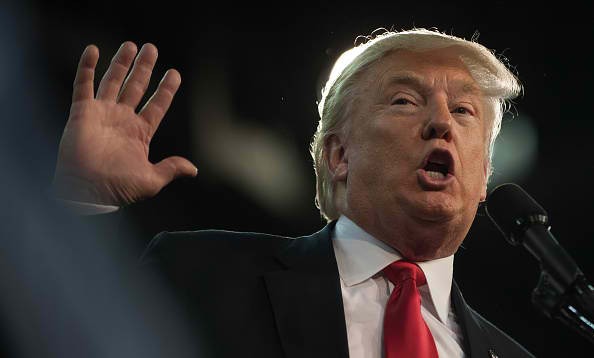U.S. President-elect Donald Trump's repeated tirades against China has made many observers anxious about a possible trade war between the two economic giants under his term. China, for one, won't take that threat sitting down, as it's reportedly considering retaliatory measures against U.S. firms.
Bloomberg reported that a slew of sources, who refused to be identified, revealed that China is planning to probe U.S. firms with Chinese operations in a bid to exact revenge on any trade sanctions. Trump earlier expressed his desire to tax goods from China through tariffs as high as 35 percent.
The unnamed sources said that China can examine U.S. firms on antitrust and tax concerns in response to any measure that would imperil China-U.S. trade relations under Trump.
More so, the Chinese government is also mulling over anti-dumping queries and reducing government orders on U.S. products.
Trump's protectionist plans against China, made apparent by his frequent outbursts, risks a trade war that can have wide-ranging consequences on global trade.
China, however, doesn't seem to be worried, as the unnamed sources claimed that the country no longer sees exports as a growth driver, per Forbes.
Nonetheless, any punitive trade measure coming from China will take place only if the U.S. moves first. Chinese Vice Minister of Commerce Wang Shouwen was nondescript in his remark on the issue, as he only stressed that keeping healthy bilateral relations provide for a win-win outcome.
Rabobank Group financial markets research head Michael Every said that it's the U.S. that's bound to lose in a trade war against China.
The Chinese government may use its large trade deficit as a bargaining chip against the U.S., which may lose the country as a lucrative export market should a trade war commence.
But considering that U.S. companies have spent as much as $228 billion on investments in China beginning in 1990, it won't be strange to see American companies lobby against moves to engage the Chinese into a trade war. The likes of Wal-Mart, Motorola, and Boeing have long been involved in doing such.



























